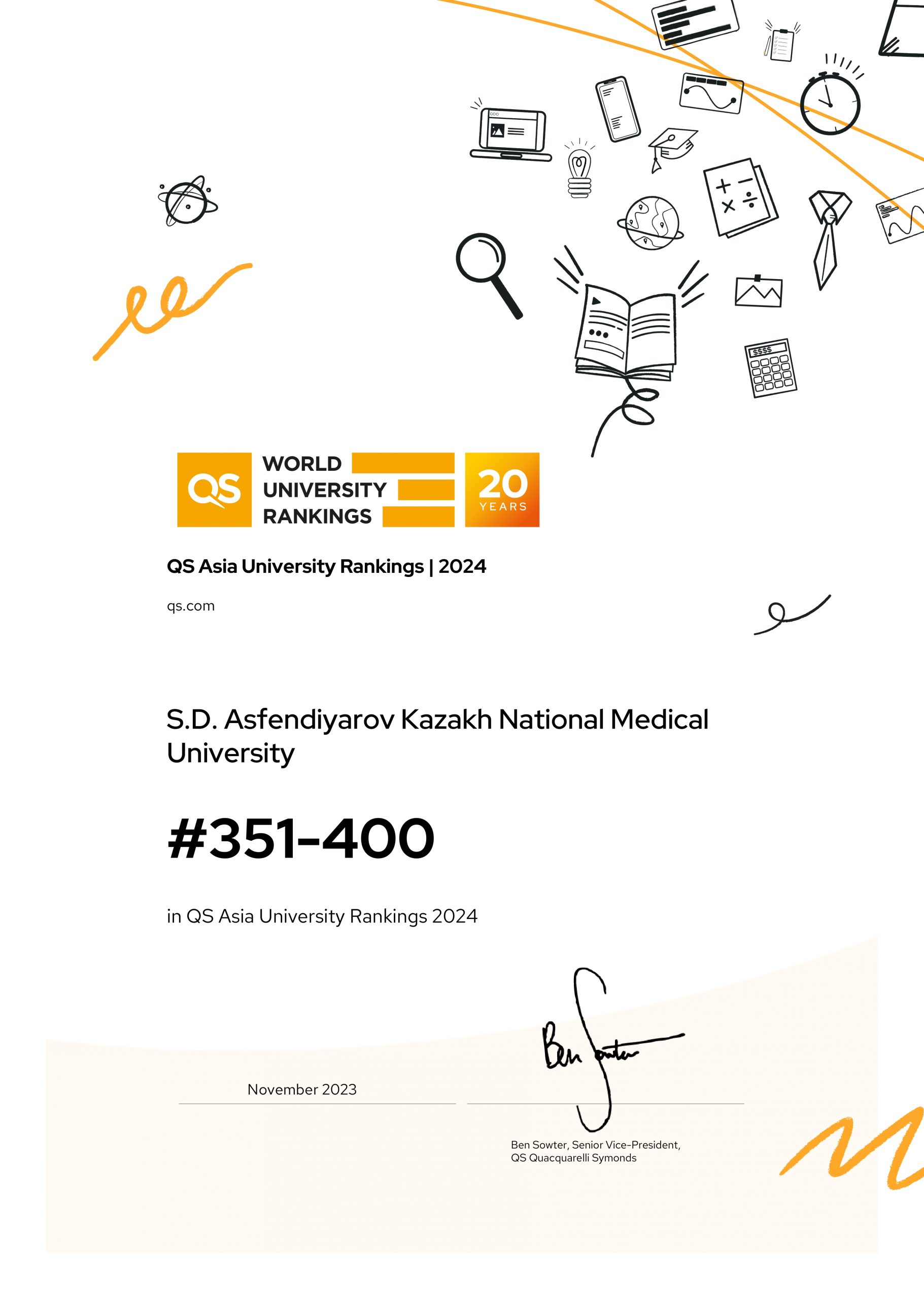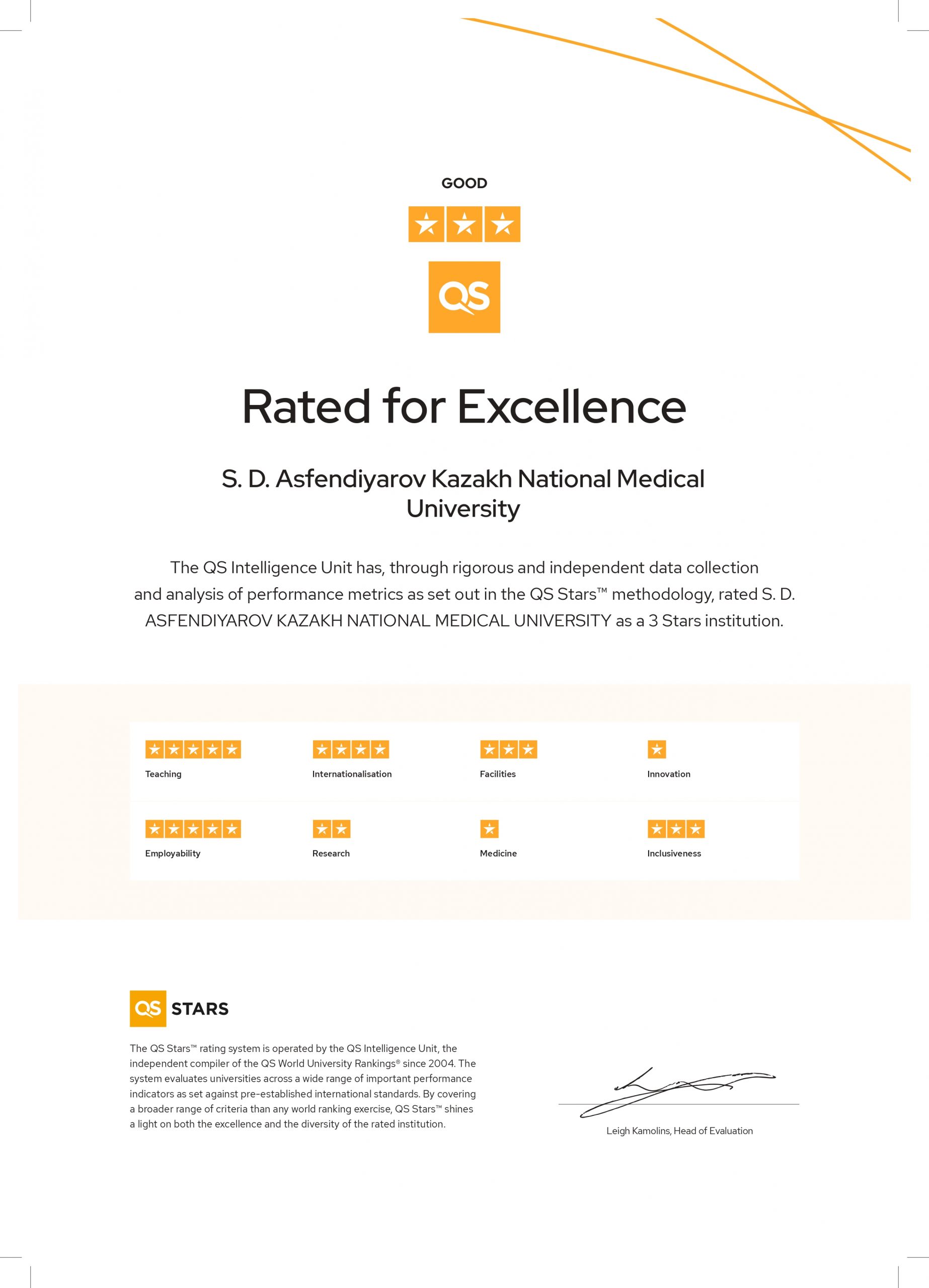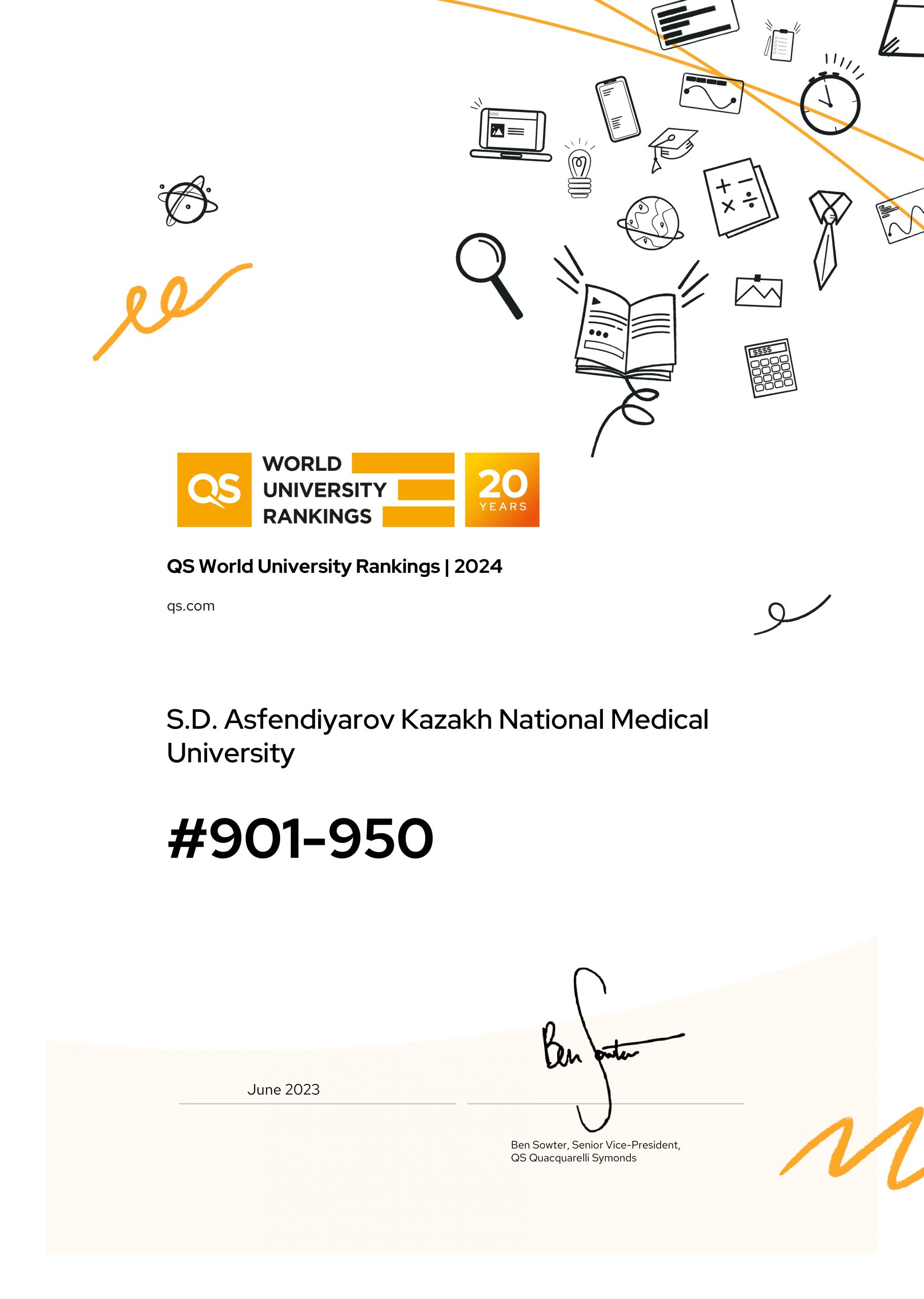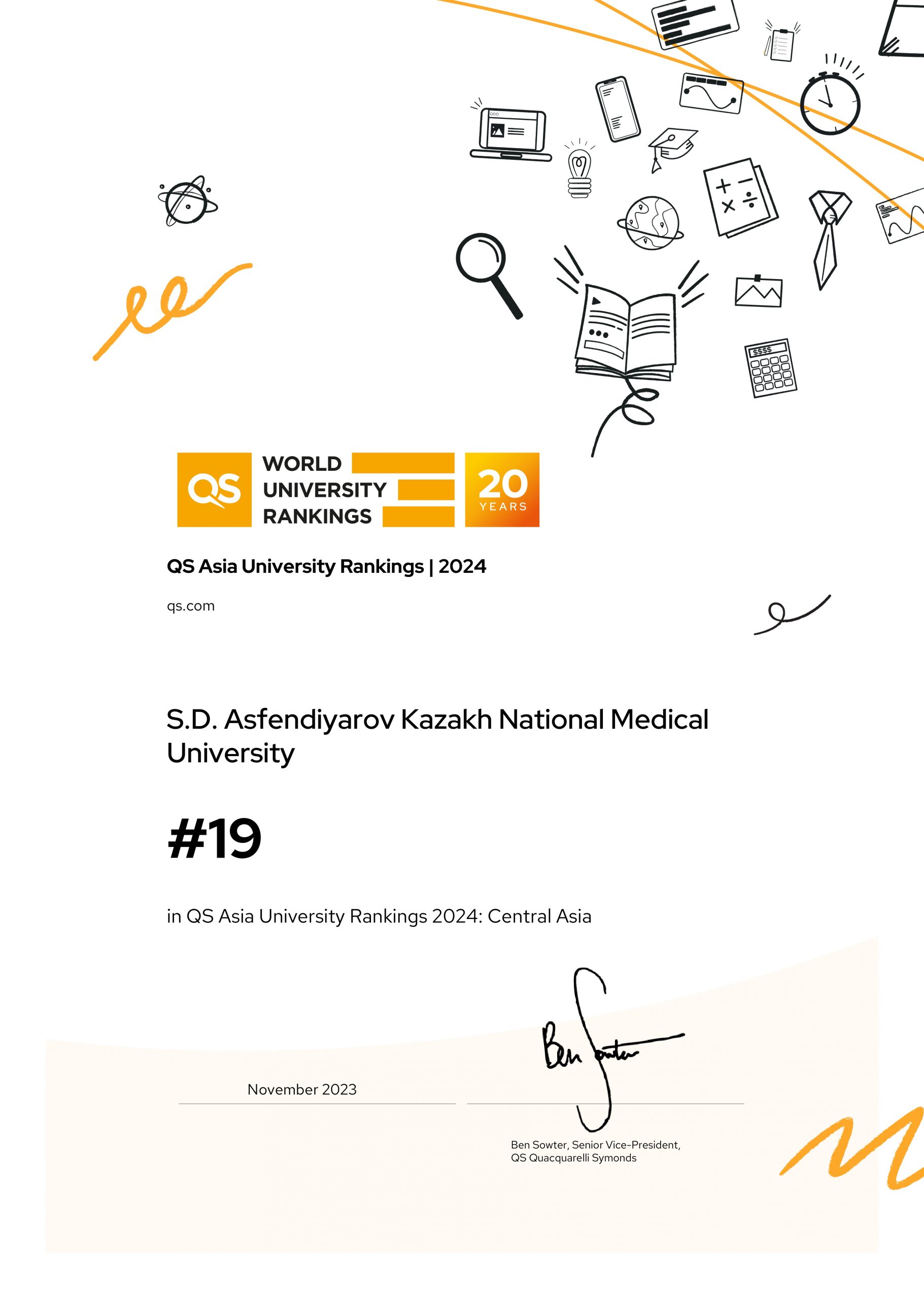Joint educational programs
Purpose: To train a workforce for the practical health care and research sectors with in-depth research training in epidemiology, who will work on priority issues in the country. To provide basic public health services to the country. To strengthen the surveillance and response system for priority diseases in public health.
ON2 Use epidemiology and biostatistics to conduct research or implement programs that improve public health, as well as to interpret publications in peer reviewed biomedical `and public medicine literature
ON3 Use quantitative scientific methodologies to develop, conduct, analyze and interpret public health epidemiological surveillance; plan and implement surveillance, including provision of resources in the health care system (staff, public health technologies, etc.), and assess the existing surveillance system.
ON4 Report field project results to professional groups and a targeted public audience, including by means of reports to the Ministry of Health and Health Departments, oral and poster presentations at national and international conferences and publications in biomedical and public international peer-reviewed medical journals.
ON5 Demonstrate management methods in field studies and public health practices, including when providing characteristics to public health system organizations and agencies by assessing medical assistance delivery systems, assessing and improving health care service management through introduction of amendments to strategic planning and the organizational structure, by using human resource management concepts in order to achieve strategic goals and budgeting. Be an effective leader in field projects by presenting results during meetings and chairing at least 2 meetings.
ON6 A resident demonstrates self-assessment and professional development skills to improve teaching and research activities in the higher education system. He/she acts as a mentor for specialists of basic three month courses in the Field Epidemiology program offered to employees of the Ministries of Health of the Republic of Kazakhstan, Uzbekistan, Tajikistan and Kyrgyzstan.
number of credits – 4
type of control – exam
The content of the discipline is the development of professional linguistic competence of students on the use of international terminology; reading, listening, speaking and writing skills for rational use in further practical activities, communication in the global space.
number of credits – 4
type of control – exam
General problems of the philosophy of science. The subject and basic concepts of modern philosophy of science. The emergence of science and the main stages of its historical evolution. The structure of scientific knowledge. Features of the modern stage of development of science. Prospects for scientific and technological progress. Philosophical problems of medicine. The philosophy of medicine and medicine as a science. Socio-biological and psychological problems. The problem of health and disease.
number of credits – 4
type of control – exam
The curriculum covers the basic concepts and categories of pedagogy. Characteristics of the profession of a teacher. Education as a pedagogical process. Education as a socio-cultural phenomenon and universal good. Pedagogical communication. Moral education as a component of pedagogy. Fundamentals, methods and forms of management of educational systems. Development of pedagogical ideas in Kazakhstan.
number of credits – 4
type of control – d/c
The curriculum covers the basic concepts and categories of management psychology, concepts of personality in different areas of psychological science, interpersonal relations in groups and teams. Personal and environmental factors that negatively affect the psyche are studied, as well as ways to preserve human mental health. Attention is paid to the psychological characteristics of a medical psychologist, which will help in solving health care issues.
number of credits – 5
type of control – d/c
Introduction to Office 365, text editing in Word, electronic tables, data visualization in Excel and Power Point, online search of scientific publications and use of Mendeley for bibliography creation. Use of statistical computer software for data entry, editing and analysis and report generation.
number of credits – 15
type of control – exam
The course covers the fundamental concepts of epidemiology, including the study of prevalence and morbidity, methods of epidemiological surveillance and monitoring. Biostatistics is included to provide quantitative data analysis tools such as statistical tests, regression analysis, and survival models. Undergraduates study how to collect, analyze and interpret data to assess risk and develop disease control measures.
number of credits – 4
type of control – exam
Methods of outbreak detection and investigation, nature of an epidemiological situation (endemic, epidemic, pandemic). Case studies on measles, Ebola, SARS-CoV2, and salmonellosis outbreak investigations, risk assessment and mitigation, response measures, prevention, and analysis methods. Data quality and its impact on risk assessment. Understanding of modeling and forecasting of communicable diseases based on a known dynamics and transmission models.
number of credits – 3
type of control – p/p
Introduction to surveillance in public health and its most important components. Creation of an epidemiological surveillance system. Fundamental uses of surveillance data. Epidemiological surveillance data analysis and interpretation. Data sources that can be used to monitor public health. Epidemiological surveillance data collection. Response of the PH system. Epidemiological surveillance system assessment.
number of credits – 5
type of control – exam
Dynamic assessment of the epidemic situation in a certain area based on methodological epidemiological principles. The choice of anti-epidemic measures appropriate to the epidemic situation, taking into account their effectiveness and their competent implementation.
number of credits – 7
type of control – exam
Surveillance data spatial or territorial presentation and analysis. Creation of numerous maps to be used in presentations, disease spread interpretation, as well as in prioritization of distribution of resources in public health. Residents will learn how to analyze spatial data using spatial statistics, detect hotspots of a disease spread and learn how to use the GeoDa and Point Pattern Analysis software packages.
number of credits – 5
type of control – p/p
Data management, data editing, statistical conclusions based on data obtained from regression models with multiple variables including linear, logistic, Poisson and Cox regression models will be studied. The concepts will be applied to two or three PH data sets with the use of Epi Info or R statistical software.
number of credits – 5
type of control – p/p
Writing of academic papers and abstracts. Publication of papers in journals. Preparation of oral and poster presentations. Preparation of press releases and brief papers. Field work reports. The concept and structure of a master’s thesis.
number of credits – 5
type of control – p/p
The course will give residents an understanding of methods to present numeric data and an opportunity to decide which types of analysis better suit specific types of problems. The main methods of data organization/management, data editing, and graphic and tabular presentation will be studied. Classical methods of analysis, including average and proportion comparisons, will be studied.
number of credits – 4
type of control – d/c
The course examines modern methods and models for predicting the spread of infectious diseases. Particular attention is paid to the use of statistical and mathematical models to predict trends in the spread of infections and assess the risk of outbreaks. Modern tools and software, such as R, for analysis and modeling are also considered. Upon completion of the course, students will have the necessary knowledge and skills to conduct research and develop strategies to control and prevent outbreaks of infectious diseases.
number of credits – 4
type of control – d/c
The main principles of epidemiology of communicable diseases (CD) used in communicable disease detection, prevention and control. Case definition, outbreak investigation, epidemiological surveillance, case-control and cohort studies, molecular epidemiology, vaccine efficacy assessment. Case studies on measles, COVID-19 and HIV will be used to demonstrate the real-life application of these principles in solving public health issues.
number of credits – 4
type of control – d/c
Risk communication is a key component in emergency response, which should be available in all countries to respond to public health threats. The main objective of the course is to teach the principles of risk communication on behalf of your organization during an emergency and best practices.
number of credits – 4
type of control – d/c
During the passage of pedagogical practice, the skills of setting a goal, managing educational systems, methods and forms in pedagogical activity will be formed. Conditions are being created for the formation by undergraduates of professional psychological and pedagogical knowledge, skills and abilities necessary for the successful implementation of educational work in the field of public health and health.
number of credits – 5
type of control – d/c
Practical application of theoretical knowledge gained in the outbreak investigation course. Includes field research, data collection and analysis, identification of outbreak sources and transmission factors. Undergraduates work on real cases of outbreaks, participate in simulations and exercises, which allows them to practice skills in real conditions.
number of credits – 5
type of control – d/c
The course aims to assess existing epidemiological surveillance systems and audit data quality. Undergraduates study methods for assessing the effectiveness of monitoring systems, identifying shortcomings and weaknesses, as well as developing recommendations for improving systems. Includes hands-on data analysis, reporting, and results presentation.
number of credits – 7
type of control – d/c
This course provides undergraduates with the opportunity to conduct a routine epidemiological study from start to finish. Includes study question development, methodology selection, data collection and analysis, interpretation of results, and preparation of final report. Undergraduates also study project management, ethical aspects of research and publication of results.
number of credits – 24
type of control – d/c
Compliance with the main problems of the specialty in which the dissertation is defended, relevant, containing scientific novelty and practical significance, is carried out using modern methods of scientific research, based on best international experience in the relevant field of knowledge.





